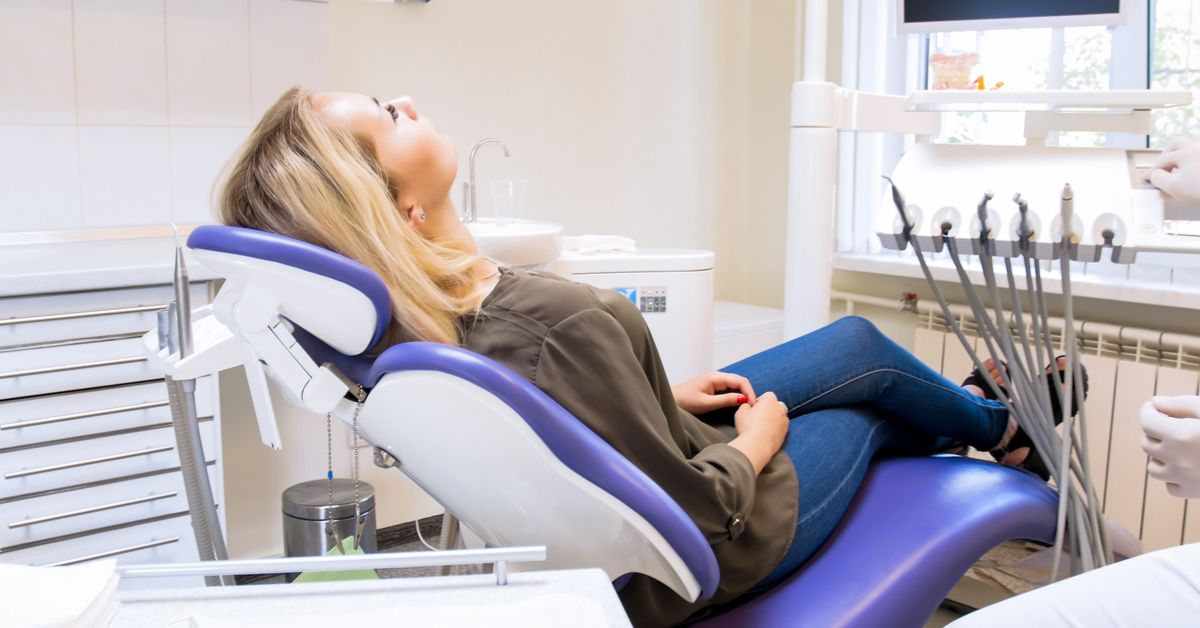For many people, even the thought of having their wisdom teeth removed can induce stress and anxiety - especially for those who have never been through the procedure before. The number one question most people ask before surgery, is “will it hurt”? As with most dental surgeries, there will be some discomfort throughout the procedure, mostly associated with the foreign feeling of having dental equipment in your mouth throughout, however with anaesthesia, you won’t feel any actual physical pain.
While it may seem daunting, understanding your options for managing pain and choosing the best anaesthetic to suit your needs can help you to relax and have a positive experience.
What are anaesthetics and sedatives?
Removing a wisdom tooth that has emerged and fully visible, is now considered as a routine procedure, involving numbing the tooth site with a local anaesthetic and quickly extracting the tooth.
However, 9/10 people will have at least one impacted wisdom tooth in their lifetime, which can cause complications and result in a more complex procedure, sometimes requiring the removal of bone and gum tissue. Because of this, your oral surgeon may recommend removing more than one tooth at once, which often requires some type of sedation in addition to a local anaesthetic.
Before deciding how best to manage your levels of anxiety and pain, it’s important to know the different types of anaesthetics and sedatives available, and how they differ from each other.
Local anaesthetic
Local anaesthesia is a numbing injection into the gum surrounding the wisdom tooth - similar to what you may have experienced if you’ve had a filling or smaller tooth removed. You’ll be completely conscious and aware of your surroundings, and you’ll feel no pain at all while the tooth is removed. Often, your lower lip and tongue will stay numb for a few hours after the procedure, which has the benefit of reducing immediate pain during recovery.
Intravenous Sedation
When differentiating sedation from anaesthetic, it’s helpful to think consciousness as a spectrum. On one end of the scale (local anaesthetic) you’re fully conscious and aware of your surroundings, and the other you’re completely unconscious (general anaesthetic) - sedation falls in between, in a semi-conscious, sleep-like state. Typically, you’ll be given an IV medication shortly before the procedure, that will allow you to feel relaxed and less nervous about the treatment. You may feel relaxed & sleepy during the procedure and will need a ride home after the surgery.
General anaesthetic
General anaesthesia is a combination of inhaled and intravenous (IV) medications that makes you unconscious, where you won’t feel or remember the procedure. This is administered by a specialist Anaesthetist during your procedure. The medications are released directly into the bloodstream and work very quickly. Your medication levels will be monitored constantly by your anaesthetist, who will ensure you’re unconscious throughout the extraction.
Which option is best for me?
Although in some cases sedation or general anaesthetic is mandatory due to the nature of the procedure, for very basic single wisdom teeth extractions you may only need a local anaesthetic.
The type of anaesthetic or sedation required to safely see you through your wisdom tooth extraction depends on a few variants, which will be discussed with you in-depth prior to your appointment. Some of these include:
- Anxiety: while a few pre-surgery jitters are completely normal, if you’re feeling extremely nervous and have a history of panic and anxiety during oral surgery, your oral surgeon may recommend sedation to help to reduce your stress levels, and avoid complications during the procedure.
- Complexity: if you’re having multiple wisdom teeth removed at one time, or your teeth are impacted or not fully erupted yet, your extraction may be a longer and more difficult procedure than a simple extraction. For this reason, it may be a more preferable option to be sedated throughout.
- Cost: different types of anaesthetics and sedatives have different price tags attached, which should always be taken into consideration before performing a procedure.
As always, the best way to determine the option that is ideal for your extraction is to consult with your oral surgeon. Their years of experience and expertise, as well as knowledge of your teeth, will help you to make an informed decision.
Need help deciding which option is best for you? Make an appointment with one of our friendly oral surgeons today.
